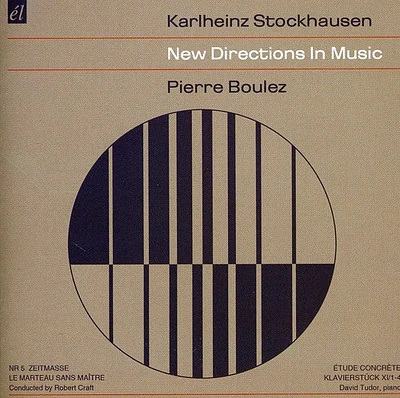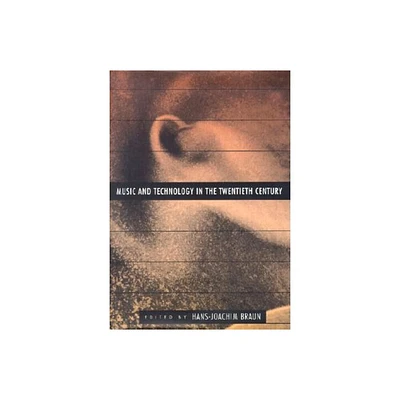Home
Music Twentieth-Century Oxford: New Directions
Loading Inventory...
Barnes and Noble
Music Twentieth-Century Oxford: New Directions
Current price: $110.00


Barnes and Noble
Music Twentieth-Century Oxford: New Directions
Current price: $110.00
Loading Inventory...
Size: Hardcover
*Product Information may vary - to confirm product availability, pricing, and additional information please contact Barnes and Noble
The first book-length study of musical education and culture in twentieth-century Oxford.
Music has always played a central role in the life of Oxford, in both the city and university, through the great collegiate choral foundations, the many amateur choirs and instrumentalists, and the professional musicians regularly drawn to perform there. Oxford, with its collegiate system and centuries-long tradition of musical activity, presents a distinctive and multi-layered picture of the role of music in urban culture and university life.
The chapters in this book shed light on music's unique ability to link 'town and gown', as shown by the Oxford Bach Choir, the city's many churches, and the major choral foundations. The twentieth century saw the emergence of new musical initiatives and the book traces the development of these, including the University's Faculty of Music and the UniversityOpera Club. Further, it explores music in the newly-founded women's colleges, contrasted with the musical society formed in 1930 at UniversityCollege, an ancient men's college. The work of Oxford composers, including George Butterworth, Nicola Lefanu, Edmund Rubbra, and William Walton, as well as the composer for several 'Carry on' films, Bruce Montgomery, is surveyed. Two remarkable figures, Sir Hugh Allen and Sir Jack Westrup, recur throughout the book in a variety of contexts.
The volume is indispensable reading for scholars and students of musical life in twentieth-century Britain, as well as those interested generally in the history of Oxford's thriving cultural life.
Music has always played a central role in the life of Oxford, in both the city and university, through the great collegiate choral foundations, the many amateur choirs and instrumentalists, and the professional musicians regularly drawn to perform there. Oxford, with its collegiate system and centuries-long tradition of musical activity, presents a distinctive and multi-layered picture of the role of music in urban culture and university life.
The chapters in this book shed light on music's unique ability to link 'town and gown', as shown by the Oxford Bach Choir, the city's many churches, and the major choral foundations. The twentieth century saw the emergence of new musical initiatives and the book traces the development of these, including the University's Faculty of Music and the UniversityOpera Club. Further, it explores music in the newly-founded women's colleges, contrasted with the musical society formed in 1930 at UniversityCollege, an ancient men's college. The work of Oxford composers, including George Butterworth, Nicola Lefanu, Edmund Rubbra, and William Walton, as well as the composer for several 'Carry on' films, Bruce Montgomery, is surveyed. Two remarkable figures, Sir Hugh Allen and Sir Jack Westrup, recur throughout the book in a variety of contexts.
The volume is indispensable reading for scholars and students of musical life in twentieth-century Britain, as well as those interested generally in the history of Oxford's thriving cultural life.

















